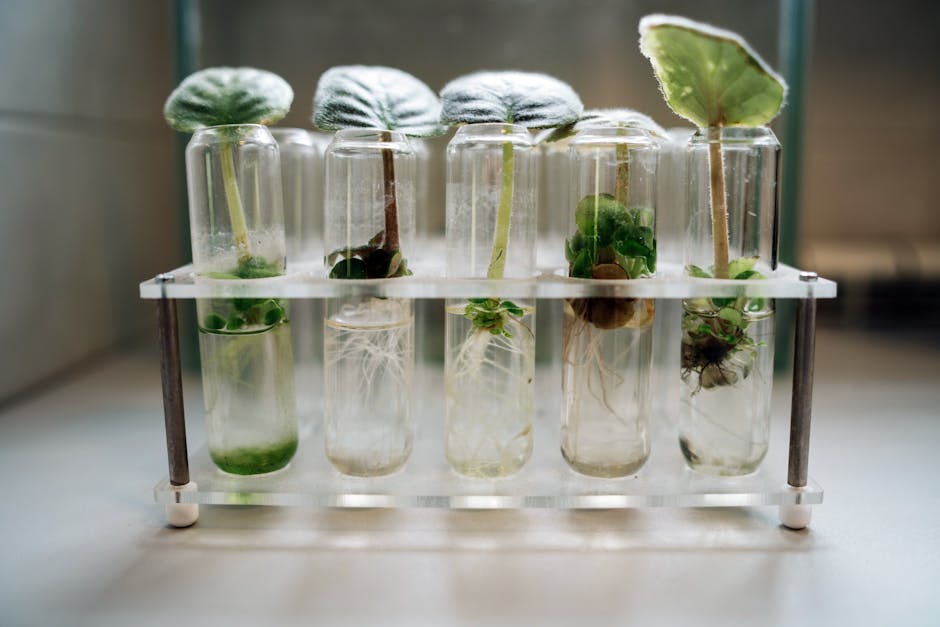Applications of Agricultural Biotechnology in Crop Improvement
Applications of Agricultural Biotechnology in Crop Improvement
Blog Article

Agricultural biotechnology is a field that merges biological science with agricultural practices to enhance crop production and sustainability. This innovative approach employs techniques such as genetic engineering, molecular markers, and tissue culture to improve plants' resistance to pests, diseases, and environmental stresses. By understanding the core principles of agricultural biotechnology, we can appreciate its potential to revolutionize food production and address global challenges in agriculture.
Applications of Agricultural Biotechnology in Crop Improvement
The applications of biotechnology in agriculture are vast and varied, with genetically modified organisms (GMOs) being one of the most notable developments. GMOs are organisms whose genetic material has been altered through biotechnology to introduce desirable traits. For instance, scientists can create crops that are resistant to specific pests, reducing the need for chemical pesticides. This not only helps in increasing yield but also promotes environmental sustainability by minimizing chemical runoff into ecosystems.
Another key application is the development of biopesticides. These are natural organisms or substances derived from plants that help control pests. By employing biopesticides, farmers can reduce their reliance on synthetic chemicals, promoting a healthier ecosystem while maintaining effective pest management. Furthermore, biotechnology facilitates the creation of crops with enhanced nutritional profiles, such as rice enriched with vitamins and minerals, which can help combat malnutrition in vulnerable populations.
Benefits of Agricultural Biotechnology
Agricultural biotechnology offers numerous benefits that contribute to more efficient farming practices. One significant advantage is increased yield. By enhancing crops to withstand adverse conditions, farmers can produce more food with fewer resources. This is crucial in a world where the population continues to grow, and the demand for food increases.
Pest resistance is another vital benefit. Crops engineered to be resistant to pests can thrive without the constant threat of infestation, allowing farmers to save on pesticide costs and reduce their environmental impact. Additionally, biotechnology can help in developing crops that require less water or are more tolerant to drought conditions, which is increasingly important as climate change affects weather patterns.
Sustainability is a central theme in agricultural biotechnology. By using less land and water while producing more food, this approach contributes to a more sustainable agricultural system. It also aids in preserving biodiversity by allowing natural habitats to remain intact, as less land is needed for farming. This balance is essential for both the environment and future food security.
Ethical Considerations and Implications
Consumer perceptions also play a significant role in the acceptance of agricultural biotechnology. Many individuals express concerns about the safety of GMOs and the long-term effects on health and the environment. As such, transparent communication and education about biotechnology are crucial to help consumers make informed decisions about the food they consume.
Moreover, regulatory frameworks are necessary to ensure the safe use of biotechnological advancements in agriculture. Balancing innovation with public safety and environmental protection is vital for the sustainable development of agricultural biotechnology.
As we navigate the complexities of food production in the future, understanding agricultural biotechnology's role will be essential. By considering its applications, benefits, and ethical implications, farmers, consumers, and policymakers can work together to shape a sustainable agricultural landscape that meets the needs of a growing population while preserving our planet.
For more information on innovations in agricultural biotechnology, you can visit Young Plant, where you can explore various aspects of plant breeding and biotechnology applications in agriculture.